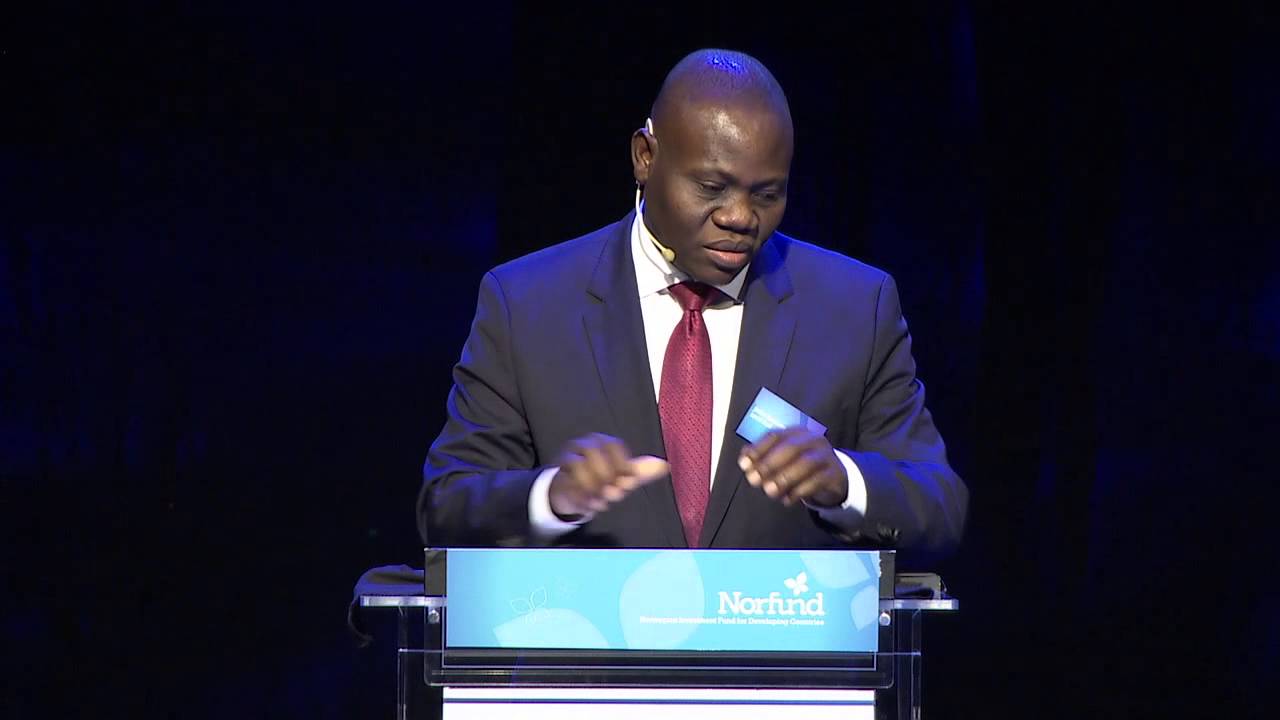
KAMPALA – The dfcu Board headed by city lawyer Elly Karuhanga has begged underfire Managing Director, Juma Kisaame to stay on as head of the bank following turmoil in the aftermath of the takeover of Crane Bank, a deal that has invited heavy industry scrutiny.
According to industry sources, Mr. Kisaame had elected to leave his position but the board wants him to stay and navigate the waters folliwing the storm after the controversial takeover of Crane bank.
The bank’s No.2 William Ssekabembe, months ago reportedly on the move to KCB, where he was set to be appointed Managing Director but it never materialised after what sources say was industry chess game.
The latest development is the newest in the series of events that have evolved at dfcu since January 2017 when the bank took over Crane Bank at Sh200 billion in the controversial transaction that has tainted the image of the bank and the regulator of the local financial sector — Bank of Uganda (BoU).
Parliament is set to question the central bank governor Emmanuel Tumusiime-Mutebile and other top bank officials over the sale of Crane Bank to Dfcu. The officials will also be questioned in regard to the sale and liquidation of six other commercial banks.
The BOU has been in the spotlight after overseeing the controversial transaction that has also put dfcu in the spotlight.
Dfcu is currently the second largest bank in Uganda after Stanbic with an asset portfolio of over Shs3 trillion, after the acquisition of Crane Bank but the bank has suffered public scrutiny following the controversial deal.
Dfcu has been hit with shareholder troubles after some of the bank’s European shareholders elected to pull out.
dfcu is partly owned by the Commonwealth Development Corporation (CDC), a British government-owned company, together with Rabo Development from the Netherlands and NorFinance from Norway, who are shareholders in Arise B.V together with Norfund, a Norwegian government-owned Private Equity firm and FMO, the Dutch Development Bank. The CDC has elected to leave the shareholding arrangement.
Arise Holdings has 58 percent shares while CDC is DFCU’s oldest investor after jointly setting up the bank with the Government of Uganda in 1964. CDC’s move comes in the aftermath of the fall out from her partner’s takeover of Crane Bank with the transaction attracting industry scrutiny over transparency issues and it’s European shareholders in the spotlight. The Auditor General has since issued a damning report against the transaction flagging it untransparent.
The CDC on June 14, notified the DFCU Board and other shareholders that they would sell their stake.
CDC’s Investment Director Irina Grigorenko said it was “undertaking a review of its investment in DFCU Limited which may lead to the disposal or some of some or all of its shares in DFCU over the short to medium term.”
The CDC exit is a major industry blow for the DFCU has been precipitated by the bank’s controversial acquisition of Crane Bank Ltd. It is said that after Crane Bank Ltd shareholders protested the takeover of branches by DFCU, it unsettled the board after CBL insisted that branches weren’t part of the bank as they fall under Meera Investments Ltd. CDC and two other partners opposed the deal and accused DFCU bosses especially the Managing Director Mr Juma Kisaame for not carrying out enough due diligence. The British investor later acted by quitting the relationship.
The bank was also hit with the resignation of Arise B.V Managing Director Deep Malik from its board. The resignation of Mr Malik means that the dfcu board was left with five other non-executive directors — Elly Karuhanga the Chairman, Albert Jonkergouw, Winifred Tarinyeba- Kiryabwire, Frederick Kironde Lule and Michael Alan Turner.
DFCU has in recent months been battling former Crane Bank shareholders over property worth millions of dollars.
Dfcu bank acquired Crane Bank, the then 4th largest bank on February 27, 2017, at a fee later to be discovered as a paltry Shs 200 billion. However Former Crane Bank shareholders led by majority shareholder Sudhir Ruparelia and family have dragged the Bank of Uganda (BoU) to court, claiming their bank was sold to dfcu without considering their interests in accordance with the Financial Institutions Act.





